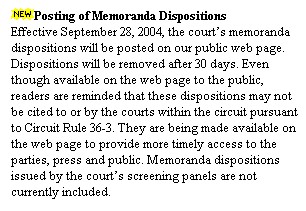Open Bar, Inc. launched last week:
Open Bar is a not-for-profit organization founded with the goals of (i) developing clear information about the legal rights and responsibilities of software developers, legal professionals and users of software in the emerging arena of open source/free software; and (ii) educating software developers, legal professionals and the general public about the issues, rights and responsibilities associated with the development, use and distribution of open source/free software.
[...]
The demand for education and leadership from the legal community is high and increasing daily, yet until now no legal, non-political group has stepped up to stem the tide of conflicting information and lack of clarity. Open Bar seeks to fill this gap, by (i) fostering development of objective means for evaluating the strength and enforceability of the various licenses and (ii) educating legal professionals and other members of the open source and free software communities on their related rights and responsibilities.
Looks like a terrific project, and they're getting good press (I found them on the front page of the Daily Journal). EETimes has more, Firm ready to spread legal word on open source: "Open Bar plans to deal with [the business community's] unfamiliarity [with open source law] by uploading legal presentations to its Web site (www.open-bar.org), conducting seminars, running online discussion groups and steering questioners to legal experts familiar with the complexities of open-source law."
 Wednesday, September 29, 2004 at 3:23PM
Wednesday, September 29, 2004 at 3:23PM 

